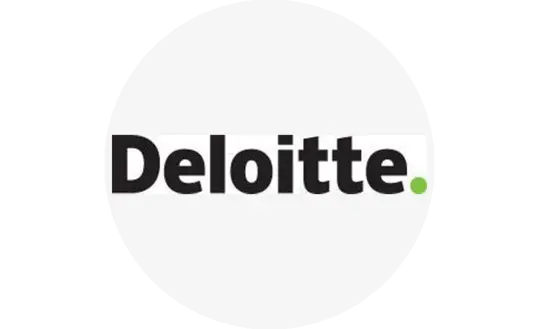Overlooked components of the tax automation business case

When compiling a list of indirect tax compliance requirements for a potential tax automation investment, it’s helpful to keep two related actions in mind:
- The decision on the solution type, which often boils down to the native tax functionality within an ERP system vs. a standalone tax engine; and
- The development of a compelling, and complete, business case.
Once the indirect tax group assembles its tax technology requirements, it can determine whether the ERP tax functionality or a standalone tax engine is a better fit by asking the extent which the following capabilities are needed:
- Local tax jurisdictions detail;
- Automated, complex indirect tax calculations on all products and services sold;
- Automated updates for changing rules and rates (and related regulations);
- Detailed reporting at the state, county, city and local levels; and
- Automated exemption management.
That’s a representative rundown of features rather than an exhaustive list – many tax groups will want a solution that also files returns and reduces compliance risks. If your team needs some or most of those capabilities, it makes sense to consider a standalone tax engine.
The building of a business case also benefits from consideration of a comprehensive list of tax compliance requirements. These needs will help tax groups quantify the costs and value of a new automation investment. The primary costs relate to software licencing and the implementation. The sources of value include more robust risk mitigation, and cost reductions generated by replacing manual activities with automation. By automating more manual processes, tax leaders can reassign staffers to more strategic planning activities.
Most tax leaders are familiar with those ROI considerations. However, the following considerations sometimes fail to receive as much as attention as they should in the tax-technology business case:
- Eliminating the need for rework: By carefully documenting their existing processes prior to the implementation of a new tax automation solution, tax leaders gain a more detailed picture of improvement opportunities. For example, many tax groups discover that they conduct high volumes of rework in order to file returns. Eliminating this rework – which routinely delays month-end and quarter-end close – can be highly valuable.
- Tying tax technology to business-process improvements: Tax automation can also support business improvement efforts, including those within the lead-to-cash conversion cycle.
- Supporting strategic initiatives: Tax engines with tax data analytics functionality can generate planning insights that strengthen strategic decisions about supply chain risk management (e.g., the tax impacts of using new suppliers in other countries) and growth initiatives (launching a new product line or selling into a new geography).
One more action can help strengthen the business case (along with the ultimate return on the tax technology investment): enlisting a third-party vendor to lead the implementation helps get configurations correct the first time while improving the efficiency gains that occur following the implementation.
For additional insights on building a data-driven approach to indirect tax automation, explore our white paper on data-driven indirect tax strategies.
Disclaimer
Please remember that the Vertex blog provides information for educational purposes, not specific tax or legal advice. Always consult a qualified tax or legal advisor before taking any action based on this information. The views and opinions expressed in the Vertex blog are those of the authors and do not necessarily reflect the official policy, position or opinion of Vertex Inc.
Blog Author
Our Alliance with Deloitte
The ultimate solution that our alliance delivers is straightforward: tax technology experts working together to limit the amount of time and energy our customers spend addressing tax requirements.
Learn More
